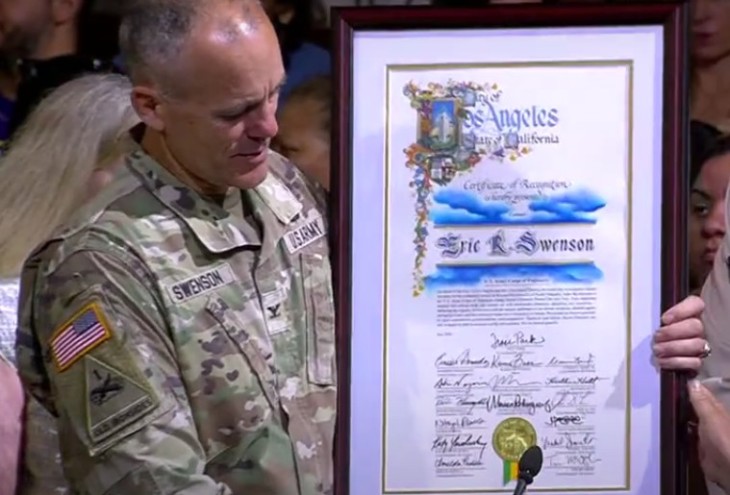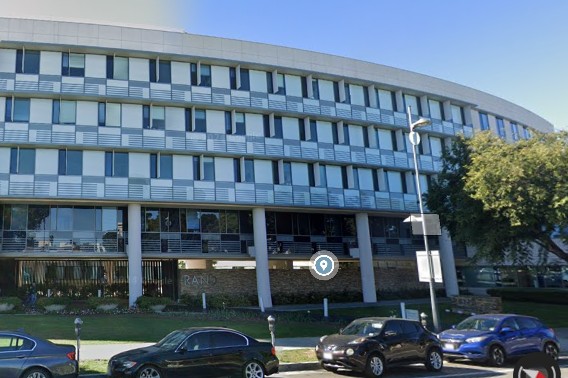By Andra Brosh Ph. D. and Allison Pescosolido M.A.
Communication problems rank as one of the top causes of marital separation in America. Given this fact, it is no small wonder that most divorcing couples fail to maintain effective lines of communication throughout the separation process.
These couples must understand that severing romantic ties with one’s ex-spouse does not necessarily put a stop to all interactions with that individual. This is especially true of divorced couples that have children in common.
Regardless of your ability to share ideas and resolve conflicts while you were still married, you must realize that communication with your estranged spouse is likely to deteriorate even further upon divorce. During the divorce process and for a long time afterward, poor communication practices will inevitably lead to increased levels of stress and pain.
Those who cannot or will not approach post-marital interactions with a degree of decorum and respect risk harming themselves and those that they love most.
Ineffective communication skills can sabotage healthy negotiations, create a harmful environment for the children, and generally make life more difficult for all parties involved.
The best advice you can follow is to simply be the better person. Taking the high road is not always easy, but those who stick to it will find that it pays off in the long run.
Don’t let your temper get away from you. When you find yourself on the verge of saying something petty or mean, take a moment to consider how that remark might affect you days, weeks, and even years down the line.
Here are five general tips that can aid in establishing and maintaining civil discourse with even the most difficult of exes.
1. Consider your ex-spouses distinct personality traits
When communicating with your ex, it is important to take his or her personal characteristics into careful consideration. Different people inevitably have different ways of approaching things and interacting with the world. Understand exactly whom you are dealing with and tailor communication methods accordingly. Perhaps most importantly, you must realize that the person you know now may be far removed from the person that you initially married. Divorce often changes individuals considerably.
2. Make every effort to communicate effectively
Effective communication skills are helpful in any relationship. Your relationship with your ex-spouse is no exception. Although it will and should be drastically different from the one you had while you were married, your communication style is no less important in the post-divorce environment. Concentrate on simply remaining courteous. Avoid being overly personal, but always remember to say “hello,” “goodbye,” and “thank you.” Just be polite.
3. Realize that everything you say and/or write to your ex can be used as evidence against you
Be on your guard and think before you speak. Refrain from discussing any subject matter that might prove detrimental to you in the future. Ask yourself if anything can be done with the information you are about to disclose. Phrase delicate material carefully or, better yet, don’t say it at all.
4. Keep things businesslike
Use a strictly professional tone when communicating with your ex. Avoid using endearments, sharing personal information, or behaving in a manner that can be deemed inappropriate in any way. An overly friendly demeanor can send mixed messages. Stay cordial, but avoid intimacy.
5. Don’t constantly place blame
Be conscious of the way you address your ex-spouse in person, on the phone, and in texts and/or emails. Refrain from using blaming language, which typically begins with phrases such as “You did…” or “You are so…” Such wordage can easily be interpreted as an attack and, as such, can trigger defense mechanisms that are counterproductive to positive progress. As an alternative, try to focus on using a majority of “I” statements. Always remember to remain constructive.
Allison Pescosolido, M.A. and Andra Brosh, Ph.D. are experts in Divorce Recovery and starting over. They co-founded Divorce Detox, a full service center in Santa Monica to transform the lives of individuals transitioning through divorce. For more information, visit www.divorcedetox.com.


























